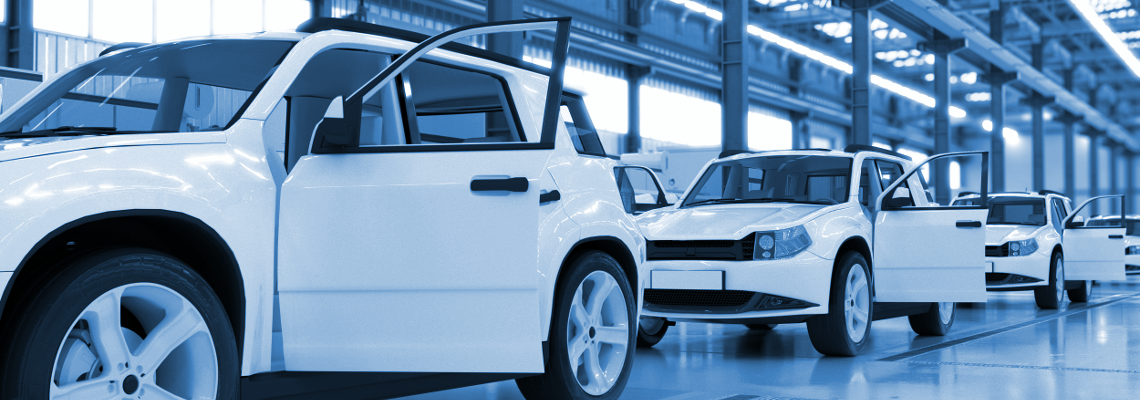Can EV Enthusiasm Trigger Global Growth?
Consumer adoption of EVs has gathered momentum this year, spurred by higher global oil prices. The Russia-Ukraine war has made EVs suddenly more appealing to many car buyers, accelerating adoption globally. The higher oil prices are driving EVs closer to cost parity with internal combustion engine (ICE) vehicles. In Bloomberg New Energy Finance’s most recent Electric Vehicles Outlook 2022 report, it projected EV sales to hit 20.6 million units by 2025.
On Tesla’s most recent earnings call, Elon Musk admitted, “We do not have a demand problem but a production problem.” Other car manufacturers such as Ford, for instance, says it can build its F150 Lightning and the Mustang Mach E fast enough to keep up with demand




